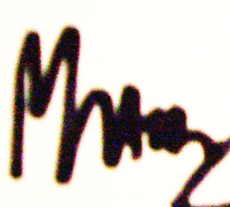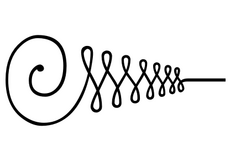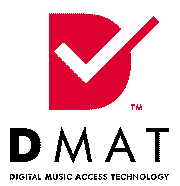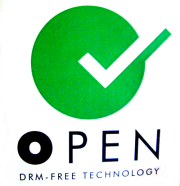So I’ve known about Sir Thomas Urquhart for a while and read a few bits and pieces of his Rabelais translation in college. Recently though, I reminded of him while reading through a book on eccentricity and I found this excerpt from Urquhart’s introduction to his The Jewel (please feel free to skip the bottom as soon as you get the point):
I could truly have enlarged this discourse with a choicer variety of phrase, and made it overflow the field of the reader’s understanding with an inundation of greater eloquence; and that one way, tropologetically, by metonymical, ironical, metaphorical, and synecdochical instruments of elocution, in all their several kinds, artificially effected, according to the nature of the subject, with emphatical expressions in things of greater concernment, with catachrestical in matters of meaner moment; attended on each side respectively with an epiplectic and exegetic modification; with hyperbolical, either epitatically or hypocoristically, as the purpose required to be elated or extenuated, with qualifying metaphors, and accompanied by apostrophes; and lastly, with allegories of all sorts, whether apologal, affabulatory, parabolary, aenigmatic, or paraemial. And on the other part, schematologetically adorning the proposed theme with the most especial and chief flowers of the garden or rhetoric and omitting no figure either of diction or sentence, that might contribute to the ear’s enchantment, or persuasion of the hearer. I could have introduced, in case of obscurity, synonymal, exargastic, palilogetic elucidations; for sweetness of phrase, antimetathetic commutations of epithets; for the vehement excitation of a matter, exclamation in the front and epiphonemas in the rear. I could have used, for the promptlier stirring up of passion, apostrophal and prosopopoeial diversions; and, for the appeasing and settling of them, some epanorthotic revocations, and aposiopetic restraints. I could have inserted dialogisms, displaying their interrogatory part with communicatively psymatic and sustenative flourishes; or proleptically, with the refutative schemes of anticipation and subjection, and that part which concerns the responsary, with the figures of permission and concession. Speeches extending a matter beyond what is, auxetically, digressively, transitiously, by ratiocination, aetiology, circumlocution, and other ways, I could have made use of; as likewise with words diminishing the worth of a thing; tapinotically, periphrastically, by rejection, translation, and other means, I could have served myself.
Lets ignore the 100+ words sentences. Let’s ignore the Mojo Jojo-esque redundancy. A teacher in high school once told me to not use a one dollar word when a fifty cent word will do. Urquhart employs long strings of five dollar words for things that don’t really need be said at all. While the result may be nearly incomprehensible, Urquhart is a master of the form. I absolutely love it and I just bought two of his books.
In addition to writing on a large number of subjects (a sample of which is here; I recommend the section on Scottish bankers), Urquhart created a universal language called Logopandecteision with, "eleven genders, seven moods, four voices, ten cases, besides the nominative, and twelve parts of speech; every word signifieth as well backwards as forwards." Of course, the prose is so complex that it’s hard to tell he’s even talking about a language at many points. I’m still trying to find out what most of those 11 genders are.
I love the idea of an incomprehensibly complex language defined only in a massive tome of incomprehensibly complex prose. I hope to complete a similarly expansive and internally consistent masterwork in my life.





